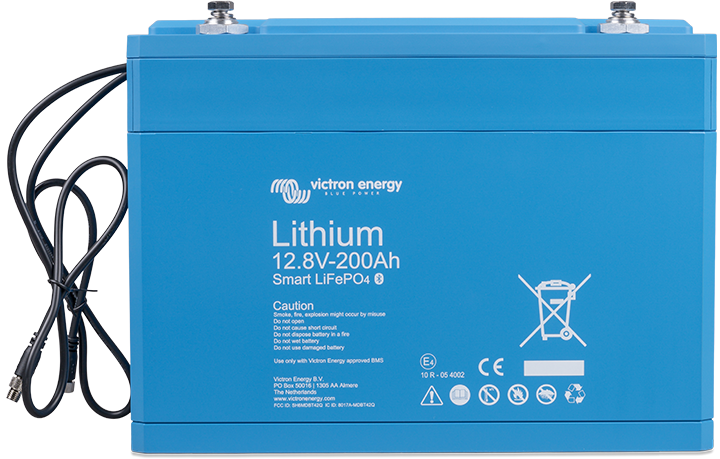Introduction
LiFePO4 batteries, also known as Lithium Iron Phosphate batteries, have gained popularity due to their high energy density, longer lifespan, and excellent performance. However, many users wonder whether they can charge a LiFePO4 battery with a normal charger designed for other types of batteries. In this article, we will explore the compatibility of LiFePO4 batteries with standard chargers, potential risks, and the best practices for safe charging.
Understanding LiFePO4 Batteries
LiFePO4 batteries have become a preferred choice for various applications, including electric vehicles, solar energy storage systems, and portable electronics. They are known for their impressive characteristics:
- High Energy Density: LiFePO4 batteries can store a significant amount of energy for their size, making them ideal for compact devices.
- Long Cycle Life: These batteries can endure hundreds or even thousands of charge and discharge cycles, offering longevity.
- Safety: LiFePO4 chemistry is less prone to overheating, thermal runaway, and explosion compared to other lithium-ion batteries.
However, it’s important to remember that LiFePO4 batteries have their own unique charging requirements.
Compatibility with Normal Chargers
Now, let’s address the question: Can you charge a LiFePO4 battery with a normal charger? The short answer is yes, but there are some important considerations to keep in mind.
- Voltage and Current: LiFePO4 batteries typically have a nominal voltage of 3.2-3.3V per cell, which is lower than other lithium-ion batteries. Normal chargers may output a higher voltage, so it’s crucial to use a charger specifically designed for LiFePO4 batteries to avoid overcharging.
- Charging Algorithm: LiFePO4 batteries require a unique charging algorithm that differs from traditional lithium-ion batteries. A standard charger might not follow this algorithm, leading to improper charging and potential damage.
- Protection Circuitry: LiFePO4 batteries often come with built-in protection circuitry to prevent overcharging, over-discharging, and short-circuiting. It’s essential to use a charger that is compatible with this protection circuitry.
Risks of Using a Normal Charger
Charging a LiFePO4 battery with a standard charger can pose several risks:
- Overcharging: Normal chargers may supply a voltage higher than the recommended level for LiFePO4 batteries, which can lead to overcharging. Overcharging can result in reduced battery lifespan, capacity degradation, and even safety hazards.
- Reduced Performance: Charging a LiFePO4 battery with a standard charger may not optimize its performance and cycle life, ultimately leading to shorter battery life and decreased efficiency.
- Safety Concerns: LiFePO4 batteries are known for their safety, but using the wrong charger can compromise this safety. Overheating, venting, or even thermal runaway could occur if the battery is not charged correctly.
Best Practices for Charging LiFePO4 Batteries
To ensure the safe and efficient charging of LiFePO4 batteries, follow these best practices:
- Use a Dedicated LiFePO4 Charger: Invest in a charger designed specifically for LiFePO4 batteries. These chargers are equipped with the proper voltage and charging algorithm to maximize the battery’s performance and safety.
- Check Voltage Compatibility: Before charging, verify that the charger’s output voltage matches the LiFePO4 battery’s nominal voltage to prevent overcharging.
- Avoid Mixing Chargers: Never use a charger designed for other battery types with your LiFePO4 battery to prevent any compatibility issues or risks.
- Monitor Charging Process: Keep an eye on the charging process and use chargers with safety features like automatic shutoff to prevent overcharging.
Conclusion
While it is possible to charge a LiFePO4 battery with a normal charger, it is not advisable due to the potential risks involved. To ensure the safety and longevity of your LiFePO4 batteries, invest in a dedicated LiFePO4 charger that adheres to the correct charging algorithm and voltage specifications. By following these best practices, you can maximize the performance and safety of your LiFePO4 batteries for various applications.


